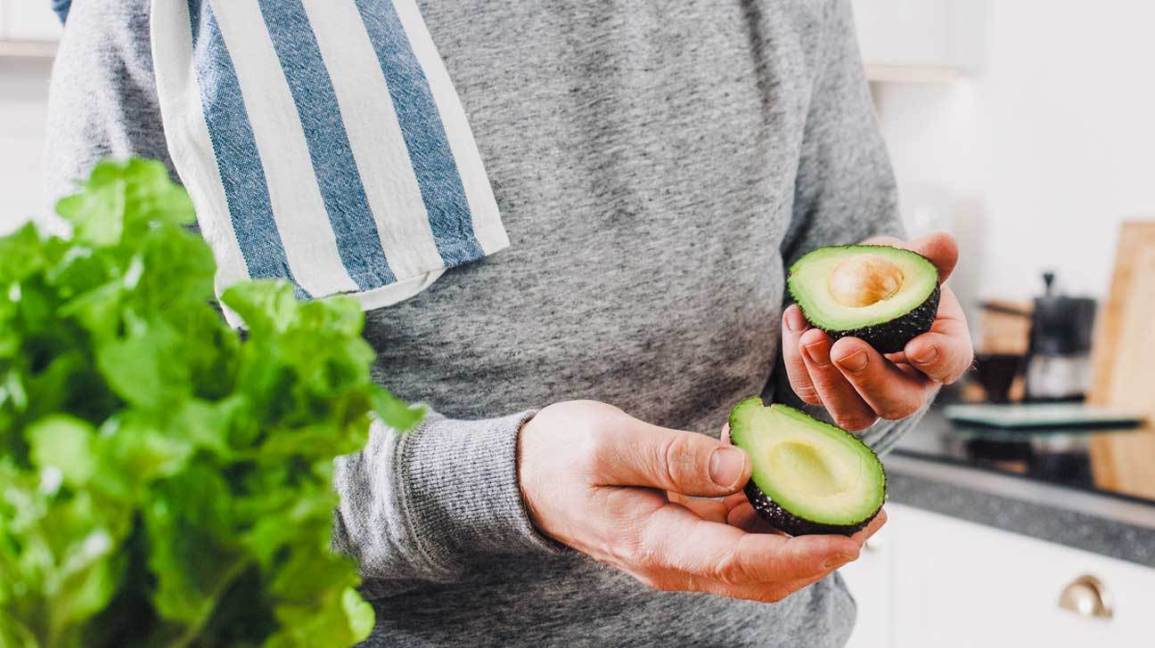
The bean-shaped small organs – kidneys – are meant to cleanse our body of the toxins and waste. Failure to do so can result in chronic kidney diseases (CKD).
However, eating right can help you stave off a decent proportion of risk attached with poorly functioning kidneys or the worst – kidney failure.
Such is the scare of CKD that a growing number of Truvada Lawsuits in the last few years have called for making positive changes in the overall diet.
While kidney failure from Truvada drug among HIV patients is an unfortunate scenario, you can still seek rightful compensation from the drugmaker, Gilead. Seek a free legal review of your case today!
As the controversy continues, we would like to share a quick mini-guide to help kidney patients plan a healthy diet – something that’s in control.
Without much ado, let’s begin …
Pick Foods with Less Salt
Commonly used in almost every cooked vegetable and cereals, controlling the salt intake keep your blood pressure in check and reduces the risk of chronic kidney diseases.
Continuing consuming extra sodium multiplies the health problems such as high blood pressure, breath shortness, swelling, and many more.
Tips:
- Prepare diet having less than 2,300 milligrams of sodium each day.
- Avoid canned or packaged food prepared with a higher amount of sodium
- Use alternative herbs and spices instead of pouring salt
- Wash the frozen food thoroughly before eating
- Do read the nutritional facts label on packed food to regulate your salt intake
Limit The Intake of Phosphorus
Do you know the excess of phosphorus in your blood results in bones losing calcium? They become weak and brittle to sustain rigorous lifestyles such as aggressive workouts, sports, and many such physical activities.
Also, you may find skin itchy and dry causing more discomfort in making supple movements.
Generally, phosphorus is recommended to be less or anywhere between 800-1,000 mg per day
Tips:
- Avoid canned food with added phosphorus
- Many poultry food and meats have extra phosphorus. Shop for fresh meat instead of frozen.
- Eat fresh fruits/vegetables, corn, and cereals
- Limit dairy products
- Light-colored sodas, such as lemon-lime or homemade iced tea
Eat Potassium-Rich Food Right
CKD patients are likely to invite more health troubles after having food with high potassium. Regulate your diet with balanced potassium else it can result in grave heart problems.
Generally, potassium is recommended to be less than 2,000 mg per day
Tips:
- A big NO to salt substitutes that are high in potassium. Read the ingredient label.
- Eat – apples, peaches, carrots, green beans, white bread, cooked rice, grapes, etc
- Avoid – bananas, orange, tomatoes, brown rice, dairy products, whole wheat bread, beans, and nuts.
- Do not forget rinsing the canned food before eating
Not Every Protein Is Right
Enzymes in our body break the protein into different products including the waste that kidney flushes out. If you are having an excess of protein in the diet, the kidneys have to work harder than usual.
Tips:
- Eat the right protein but in small portions
- Eat protein-rich food such as chicken, fish, meat, eggs, and other dairy products.
- Include plant-based proteins such as beans, nuts, and grains
- Keep the proportions small enough, or consult your dietitian to find the right mix of different types of foods.
https://i0.wp.com/images-prod.healthline.com/hlcmsresource/images/AN_images/foods-high-in-phosphorus-1296×728-feature.jpg?w=1155&h=1528
Foods That Are Healthy For Heart
You can cut down the risk of heart diseases by consuming food that is fresh! This includes nuts, fish, whole grains, olive oil, berries, oats, legumes, vegetables, and fruits.
However, do not hesitate to have an occasional glass of red wine or a bar of dark chocolate. They are touted good for a healthy heart!
Eating Healthy Is Right But So Is Quitting Smoking & Drinking Alcohol
You can’t expect positive health outcomes even if you are binging on health food without any thought. Be calculative with what and how much you consume and drink. Reckless eating does no good.
Not to forget, smoking is injurious to health. And even if you are eating a kidney-friendly diet, smoking cigarettes and drinking alcohol would do no good for your heart, kidney and even liver.
In fact, it may exacerbate your health condition.
For CKD patients on later stages, it’s advised to limit the fluid intake. Ignoring or being callous towards your dietary changes can come hard on your overall health and well being.
A word of caution:
A recommended diet for kidney patients depends on the severity of the health condition, age, body weight, and many other parameters.
Consult your kidney doctor before starting with any diet.
